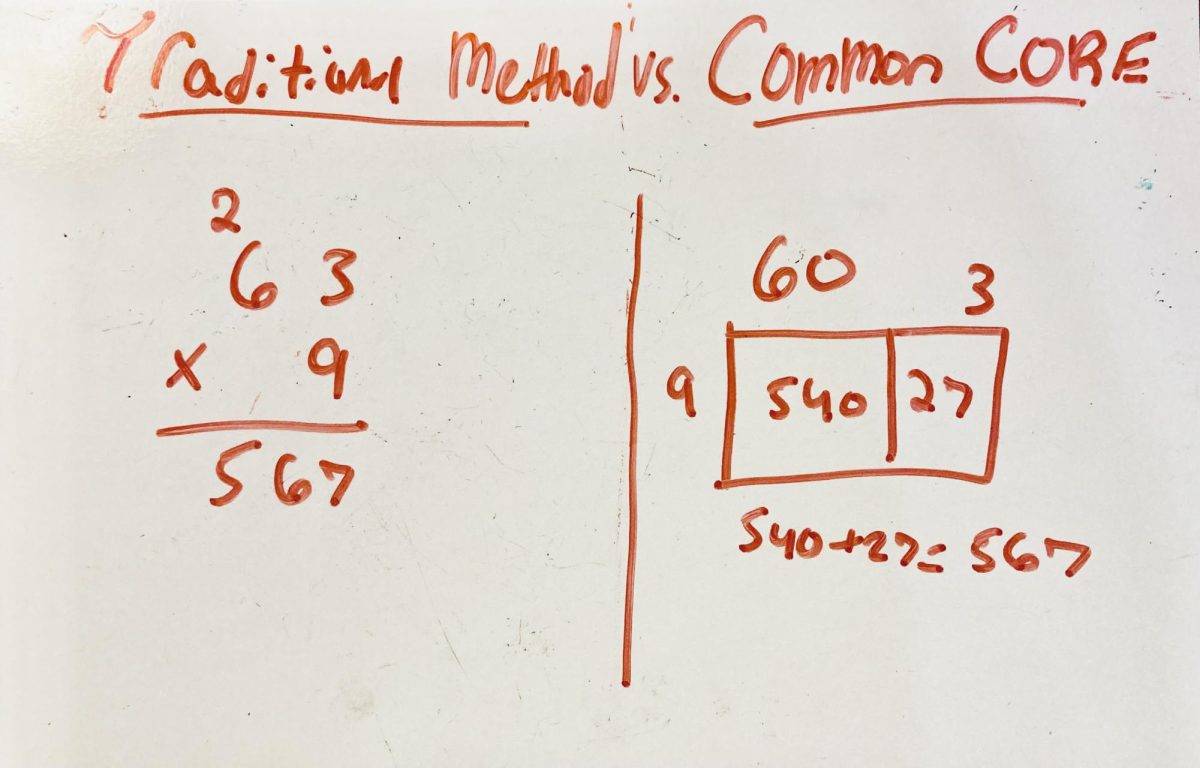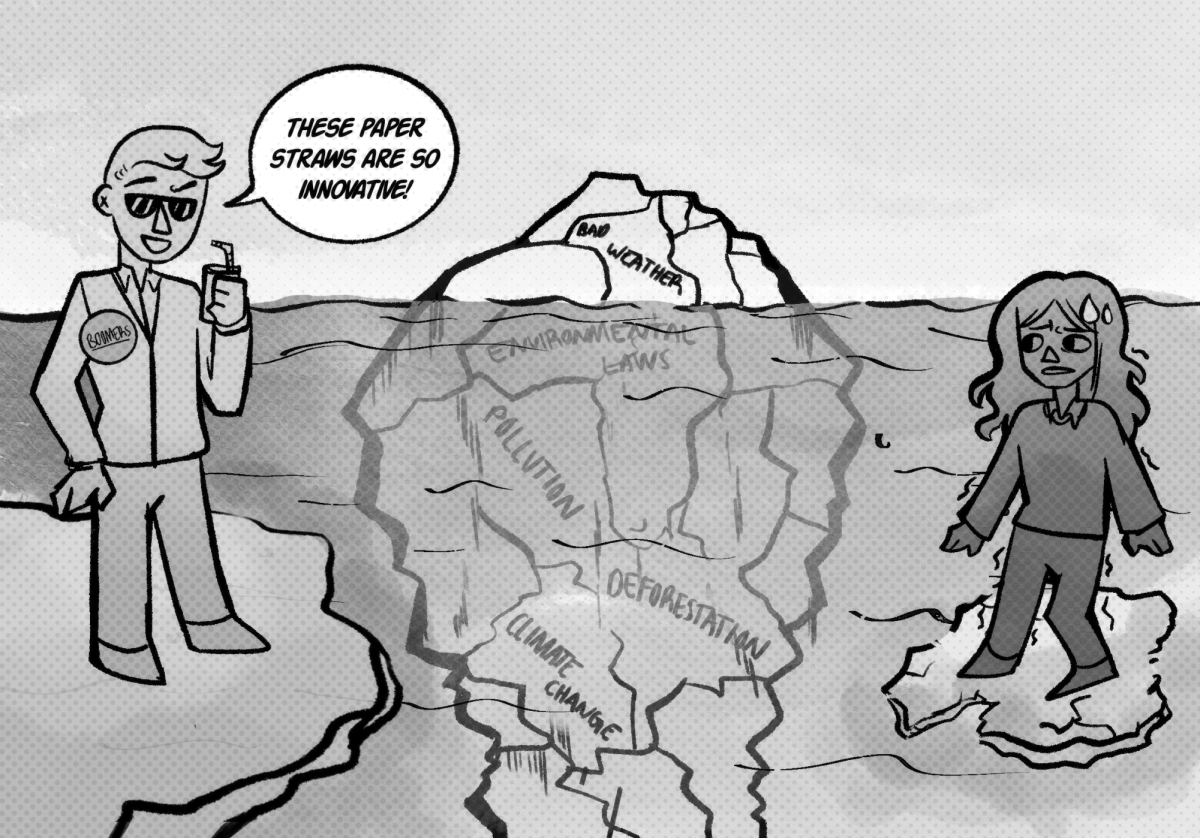Before students can experience the freedoms of a winter break, teachers will be wrapping up learning with the end of unit tests and possible semester finals. For many countless hours of studying will go on after school, feverishly cramming as much information as possible. Grades hold back students from fully embracing themselves in education by putting a lot of unnecessary stress into their life in and out of school.
Many students find themselves moving through the school year taking test after test, and come the next year, a majority of the knowledge will already have faded away. Learning is focused on the short term gains, encouraging students to just have it all down by test day.
Grades measure how “good” a student is for a given topic, they put students on a spectrum and rank them against other kids. Although this may not matter in the long run, there is an extreme outside pressure– expectations.
With expectations from teachers, parents and themselves, kids can end up developing an unhealthy obsession of wanting to be the best they can possibly be. This drive also puts them in conflict with other students who are looking to do the same thing, as soon both are judging themselves by each other’s performance.
There is a difference between grading and judging, but in the case of test taking they go hand in hand. The United States has SATs, ACTs, GREs and other acronym-loving tests to grade how academically proficient a student is in various chosen topics. These grades are then used by colleges to judge how well a student will fit into their program and can have a major impact on that student’s life.
The pressure of expectations and real world success make being an academically ambitious student a massive time commitment.
Grades make it hard to pursue interests and hobbies. A day for a high school student could look like school, sports/extracurricular activities, homework, sleep and repeat over and over again. All those things are graded, and it takes priority over the things that a student may find relaxing. There is an anxiety inducing reaction of what grades mean for the future of their lives and there is no time for fun when so much is at stake.
Stress can be a good thing, but too much of it can definitely be an obstruction to a happier life. Relentlessly pursuing good grades can lead to burnout, which is a mental and physical condition caused by chronic workplace stress where one feels exhausted and does not have motivation to work.
If the end product of learning is just a grade, most students will seek to pursue the easiest route to get an “A.” Teachers are always encouraging their students to challenge themselves and push their understanding to the next level, but if a student really does that it could lead them to a life of choosing the path of least resistance to get through the day.
A future physicist might not care about physical education, a writer exploring the nuances of life might not care about unitary solutions of a mathematical question and a carpenter might not care about historical documents. Everyone is an individual and has their own interests and goals in life, and it should be their right to pursue them unburdened by stress.



















